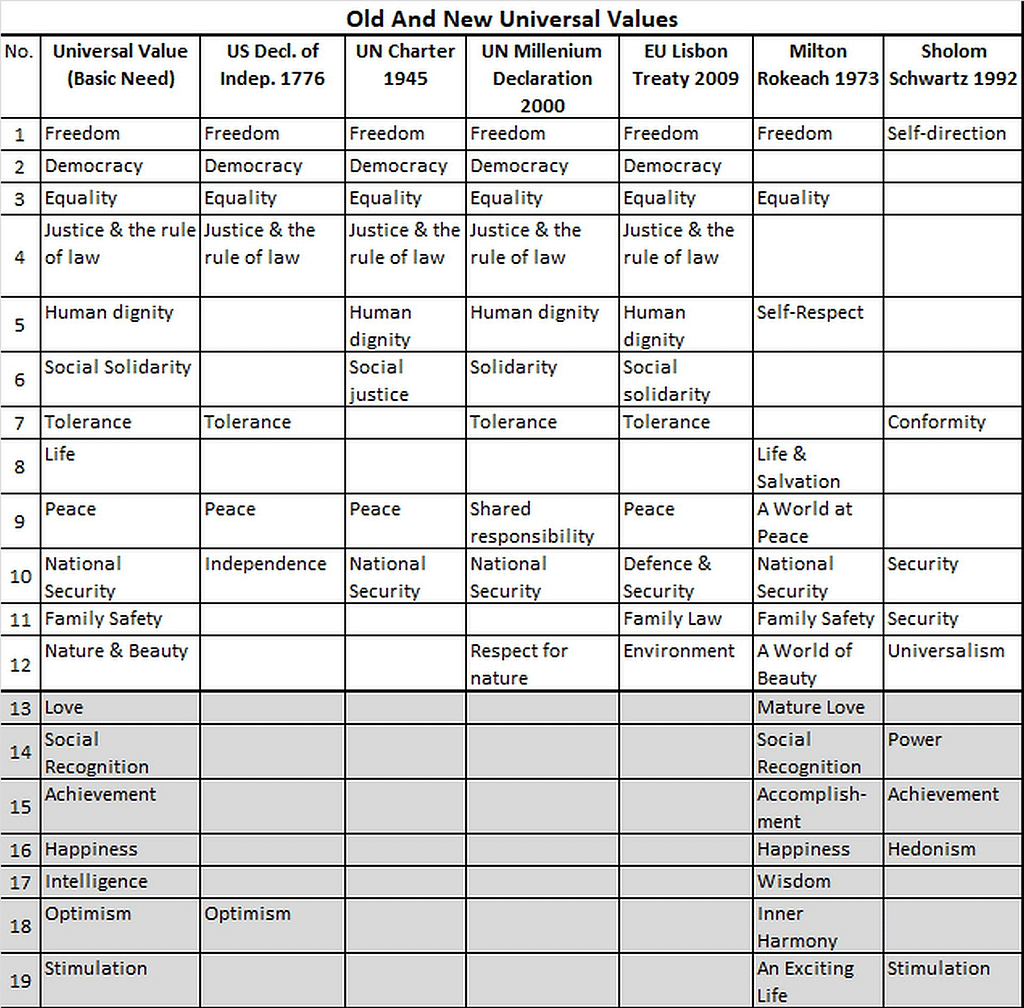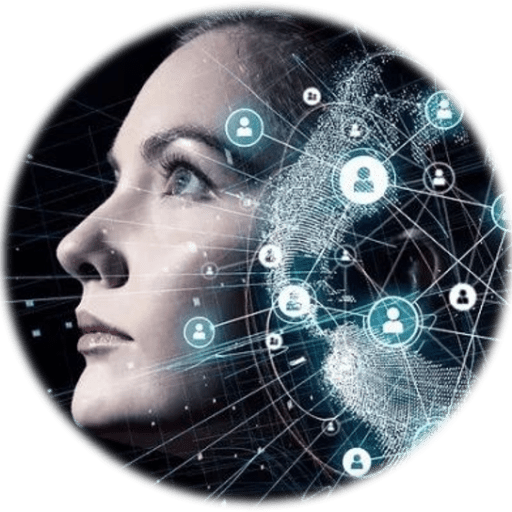If we want to improve democracy, we need to start with redefining our core values. But there is also a broader need for redefining human values – existential risks. Among those risks that are most affected by human values is the risk linked to Superintelligence, which may become our most dangerous adversary. Thankfully, that has already been appreciated by those that are directly involved in creating AI, and ultimately the Superintelligence.
On 5th January 2017 at the Beneficial AI Conference at Asilomar, California top AI scientists defined 23 Asilomar Principles that by now have been signed by thousands of AI experts. These three principles directly apply to values and should be observed by all those involved in AI research and construction:
- Principle 2: What set of values should AI be aligned with, and what legal and ethical status should it have?
- Principle 10: Value Alignment: Highly autonomous AI systems should be designed so that their goals and behaviours can be assured to align with human values throughout their operation
- Principle 11: Human Values: AI systems should be designed and operated so as to be compatible with ideals of human dignity, rights, freedoms, and cultural diversity.
But what are values? Wikipedia defines value in ethical sense as the degree of importance of some object or action, to determine which actions are best to do or which way is best to live. Values also describe the significance of different actions and what “worth” we assign to them. It deals with right conduct and living a good life, in the sense that a highly valuable action may be regarded as ethically “good”, and that an action of low value, may be regarded as “bad”.
Values can also be defined as broad preferences concerning actions or outcomes. As such, values reflect a person’s sense of right and wrong or what “ought” to be. “Equal rights for all”, “Excellence deserves admiration”, and “People should be treated with respect and dignity” are representatives of values. There are several types of values such as ethical, ideological (religious, political), values, and aesthetic values. Values influence people’s attitudes and behaviour (Wikipedia, 2017).
Values also describe people’s basic needs, such as freedom, dignity or comfortable life. They can be seen as a hierarchy. At its bottom are personal values that an individual holds and which are usually a selection of values of one or more cultures. At the next level are cultural values shared by individuals of a given group or a territory. Finally there are universal values shared by most people world-wide.
One would assume there is no difference between Universal Human Values and Universal Values of Humanity. But there is such a difference. It deals with two aspects of values – their scope and their change in time. Under ‘scope’ people understand that all values relate to humans. Nature, including all animals, is a collection of passive objects that cannot argue for their values to be respected. But that, in my view, is wrong. We as humans should extend the scope of values, meaning these are Humanity’s values, i.e. these values that we as Humanity adopt on behalf of all humans and all living beings. Restricting universal values to humans only would exclude all animals and more importantly, the new species that may be born as a result of AI developments, culminating in Superintelligence. Just consider that the exponentially changing reality may include new intelligent beings, including Superintelligence, potentially with its own consciousness. This is where the second element – the change in time for the applicability of a given value comes into account. Leaving the Universal Human Values statement as it is, i.e. static, would perhaps be incorrect. Therefore, on this site Universal Values of Humanity is used rather than Universal Human Values.
Values are the corner stone of any democratic system and so it is with the new Consensual Presidential Democracy proposed further on in this section. They have been proposed on the basis of the existing value systems, embedded in the United Nations Declaration of Human Rights or in the EU’s Charter of Fundamental Rights. If you want a dose of optimism about Humanity then this section deserves your special attention. This is the area, where Humanity from the point of its survival as a species, has perhaps made even a greater relative progress in the last 200 years than in technology, including the industrial revolution. Yet, even that progress is not good enough to help humans fight existential risks. Therefore, we must do more in two areas:
- Extending the scope of values that are universal
- Extending the depth and spread of those values across the globe
The core values of the EU are included in the Lisbon Treaty in Article 2:
“The Union is founded on the values of respect for human dignity, freedom, democracy, equality, the rule of law and respect for human rights, including the rights of persons belonging to minorities. These values are common to the Member States in a society in which pluralism, non-discrimination, tolerance, justice, solidarity and equality between women and men prevail.” (Lisbon_Treaty, 2008).
However, we know that morality is not static and neither is the meaning and scope of universal values. Both change with time following the progress in human development, better understanding of human conditions, our needs and possibilities.
That is why deep reforms in the EU should really start with the re-examination and strengthening of the core purpose of the EU. This includes most importantly, the Universal Values of Humanity. Such a review of these values that make EU what it is, is needed for three reasons:
- To make the EU integration firmly founded on those values
- Enabling the world to mitigate existential risks more effectively.
- Adapting them to the time when Humanity will have to coexist with Superintelligence
So, what could be these extended Universal Values of Humanity? They have been compiled in a table that lists values from three most important documents: USA Constitution, UN Charter and EU Lisbon Treaty. To that list, propositions offered by two important psychologists in the field, Sholom Schwartz and Milton Rokeach, have been added.

Selecting Universal Values of Humanity – Tony Czarnecki: “Who could save Humanity from Superintelligence”, London 2018
The filter for this table has been the universality of values and the need to respect those values by all of us. Thus, there is an element of ‘enforcement’ that determines, which values will ultimately have to be obeyed by all of us as rights embedded in law. The shaded out values, like Optimism, have been excluded, since they cannot be enforced by law. Therefore, for further evaluation there are 12 values left:
- Freedom
- Democracy
- Equality
- Justice & the rule of law
- Human dignity
- Social Solidarity
- Tolerance
- Life
- Peace
- National Security
- Family Safety
- Nature & Beauty
These values are discussed in detail in Tony Czarnecki’s book: “Who could save Humanity from Superintelligence”.

Comments